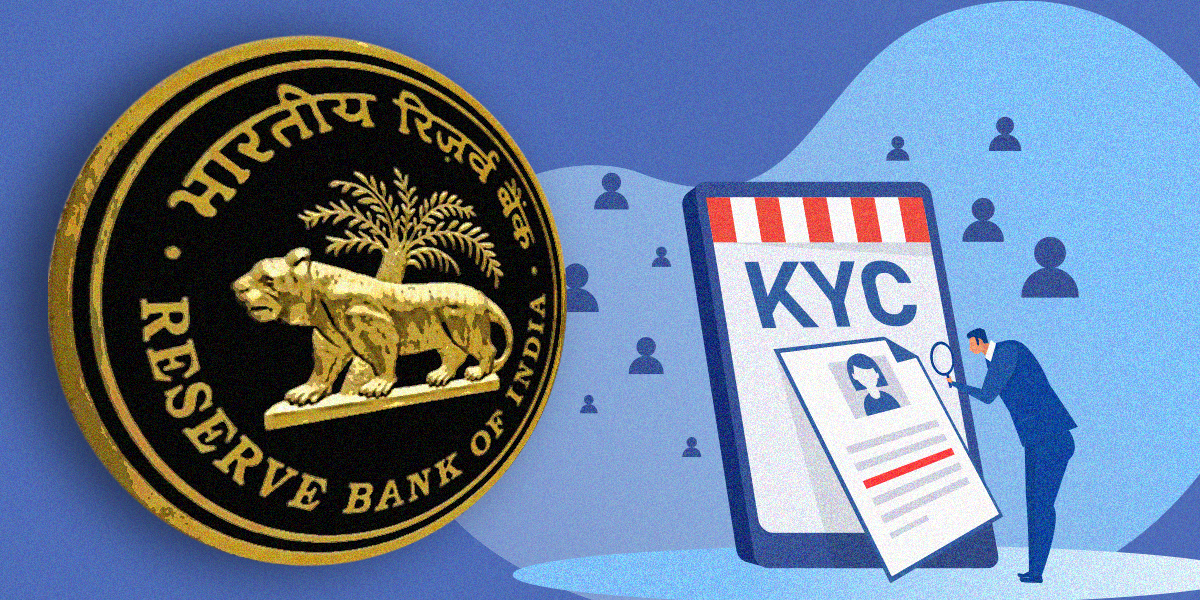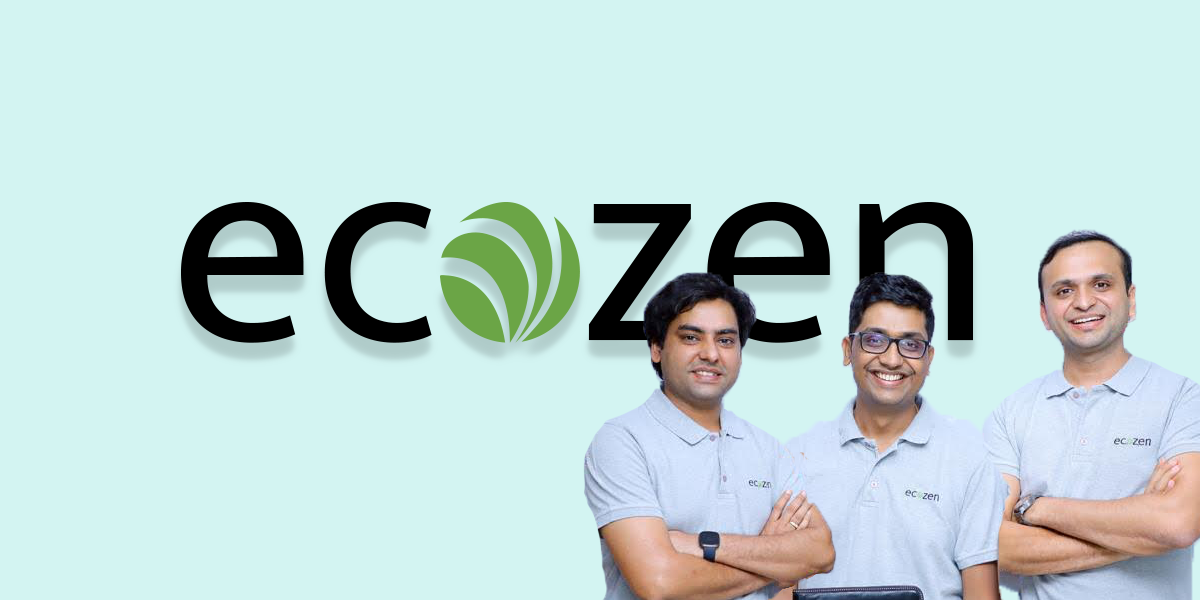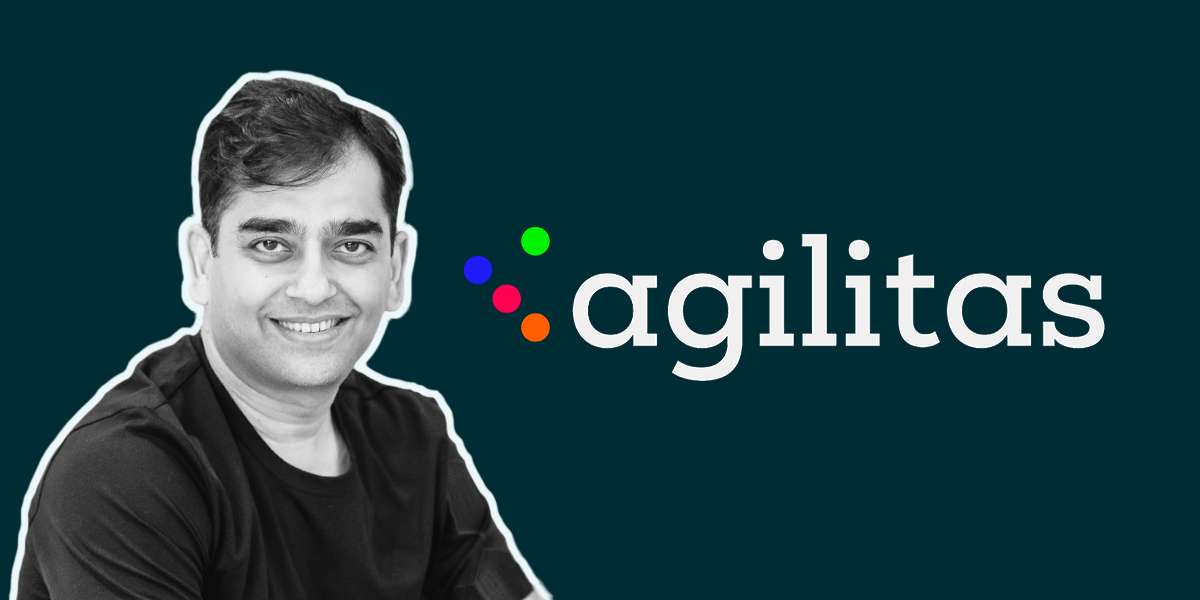Byju’s success story over the last two years has been fascinating with its hyper-growth in valuation, stable revenue stream and regular fundraising. The company attained the unicorn status in March 2018 and since then it has skyrocketed by over 10X to $10.8 billion.
The company has managed to add $9.8 billion to its valuation in less than three years and $7 billion in the last 20 months. Byju’s was valued at $3.6 billion when it raised $400 million from Naspers and CPPIB in December 2018.
The company most recently added another marquee investor to its list, Silver Lake, and has filed allotment documents for the funds it has received in the round. Byju’s allotted preference capital for $153 million and $44.1 million to SilverLake and Tiger Global’s Intervet Fund V, respectively.
Silverlake has acquired a 1.42% stake while the latter’s stake has increased from 2.63% to 2.96% in the Bengaluru-based company.
The company also filed a valuation report dated July 31, 2020, along with the filings. The report (based on discounted cash flow method or DCF) pegged it to be valued around $3.6 billion, several investors paid up to 174% or 2.7X premium on the acquisition of each share.
According to the DCF calculation, the price per share was at Rs 78,058.4. However, Series F backers have picked up Byju’s preference capital at an issue price of Rs 214,900 per share.
Clearly, the premium demonstrates great confidence of investors including BOND Capital, Silver Lake, General Atlantic and Tiger Global in the future potential of the edtech company. If we compare the premium paid by investors over DCF in other internet companies, it’s largely in the range of 20-50%.
For example, when Paytm raised its $1 billion round last year, Series G investors including T. Rowe Price, SoftBank and Ant Financial paid a 47% premium over the DCF value per share.
With the valuation report, Byju’s has also revealed the FMV(fair market value) of its holdings/subsidiaries. While the company acquired several companies in the past, it now operates four companies Vidyartha, Specadel, Byju’s Inc and Osmo (Tangible Play inc). The valuation report assessed the FMV of these holdings at around $794 million.
Importantly, Osmo, which was acquired by Byju’s in January 2019 for $120 million, registered over 6X growth in its valuation in the last 20 months and is worth $727 million.
Osmo was founded by ex-Google engineers Pramod Sharma and Jérôme Scholler in 2011. The duo invented Reflective Artificial Intelligence (RAI) technology used by Osmo’s educational games. At present, it claims to have a presence in over 35,000 U.S. elementary school classrooms.
The pandemic has crippled both brick & mortar and digital businesses, but edtech has thrived since March and Byju’s is the biggest recipient of the changing habits in the learning process. The prospect of Byju’s appears lucrative and the investors have been queuing to fund it because of its growth potential and a healthy balance sheet.
Unlike its peers in the consumer internet space, the company was profitable in FY19. It’s yet to file financial statements for FY20, but the company is projected to have a revenue of Rs 2,652 crore with Rs 16.5 crore profit in its valuation report.
While we can’t say about the kind of fortunes the recent backers would make in the future from their investments in Byju’s, the company had offered over 21X return on Sequoia’s early shares.
According to Fintrackr estimates, during FY19 Sequoia had offloaded its partial stake for around Rs 1,665 crore which it picked for nearly Rs 78.8 crore. Similarly, Chan Zuckerberg, which backed Byju’s in September 2016, fetched returns of nearly Rs 167.7 crore on its investment of Rs 22.86 crore.














